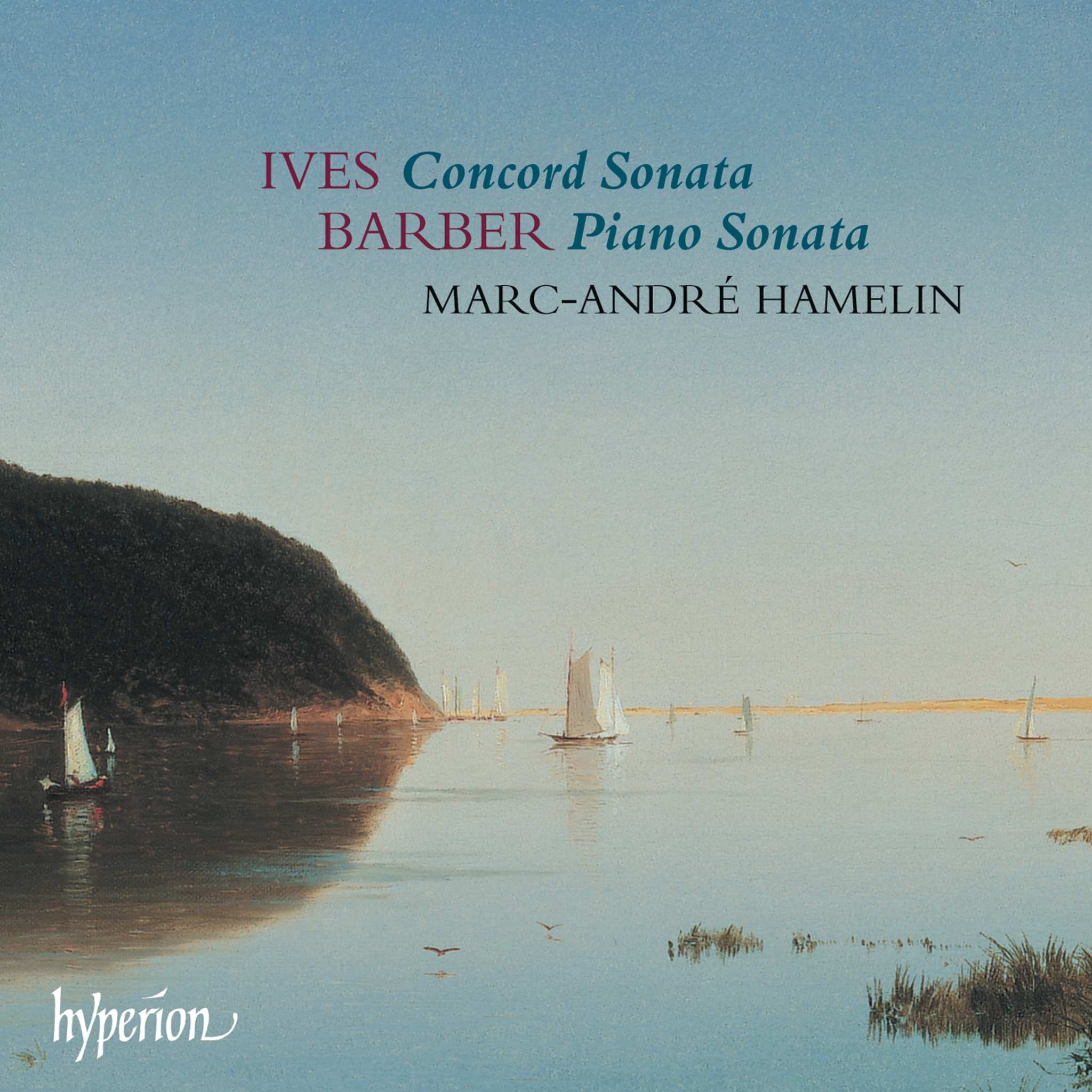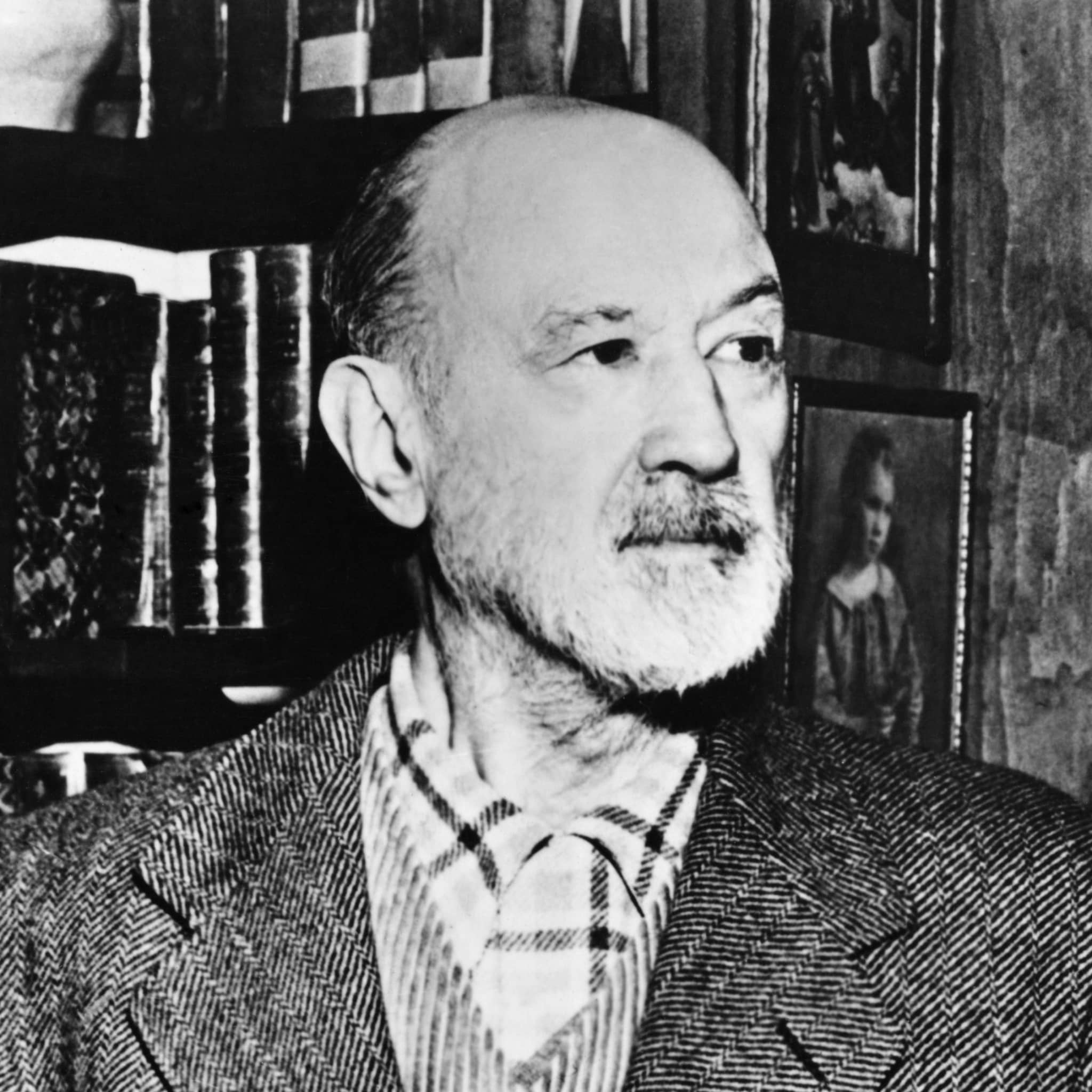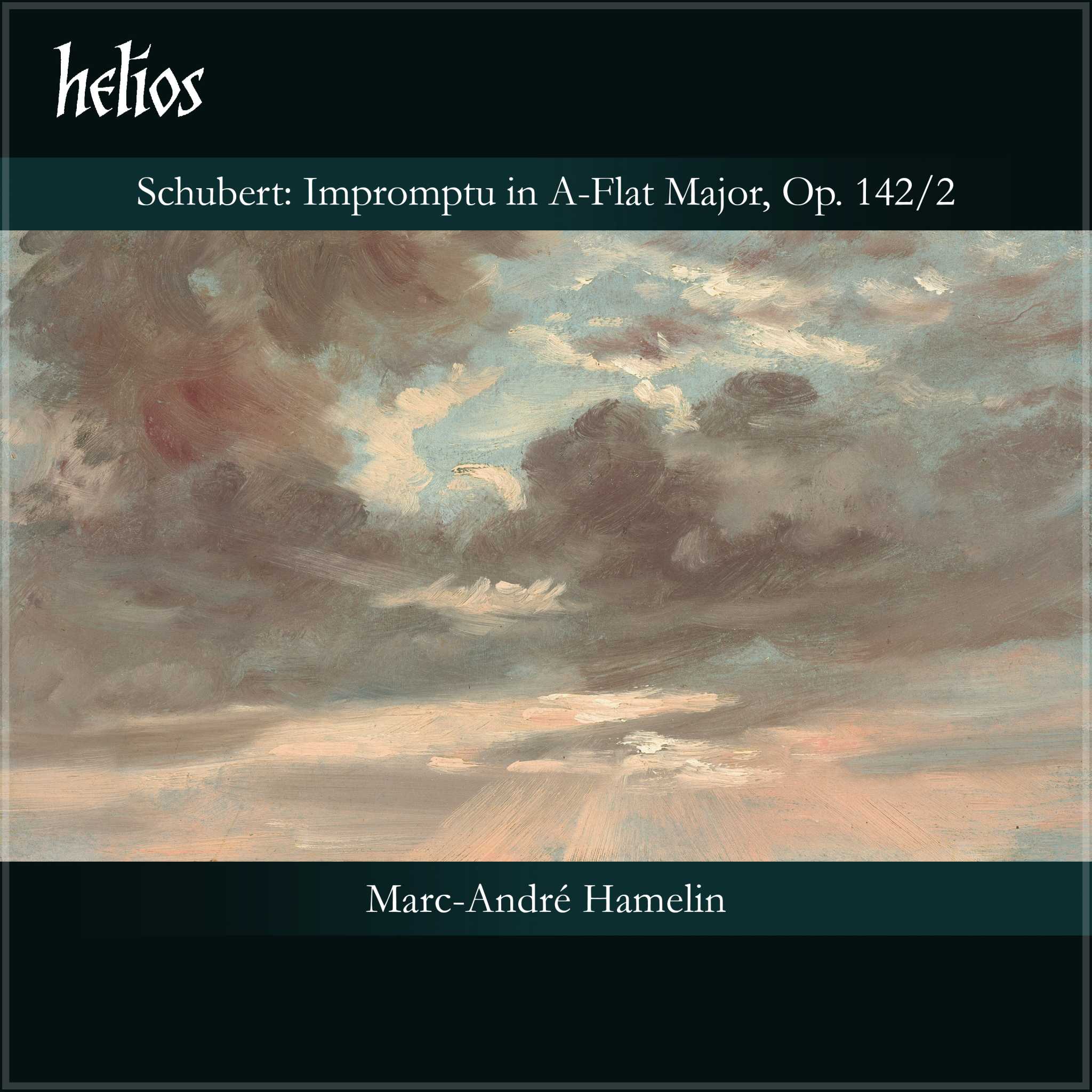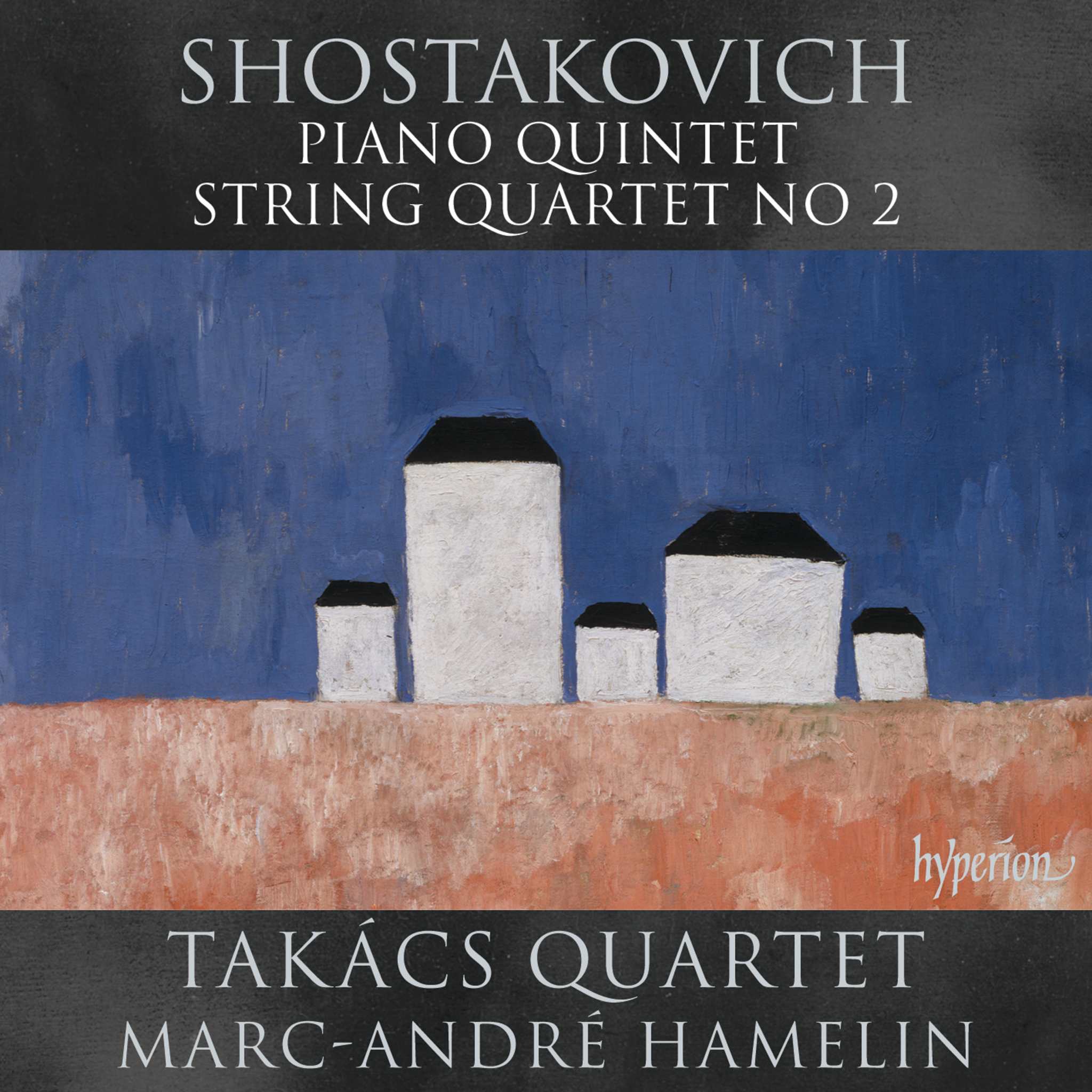Charles Ives and Samuel Barber created two of the most important American piano sonatas of the 20th century, which are fundamentally different in their aesthetics and artistic approach. While Ives worked as an insurance partner by day and developed his experimental musical ideas by night, Barber's exceptional talent was recognized and promoted early on by the music world. Barber's compositions found widespread support among renowned ensembles and conductors, including Arturo Toscanini.[5] Ives, on the other hand, was considered an outsider whose multifaceted and dissonant musical language differs significantly from Barber's elegant and innovative style.[2] Both composers pursue different paths with their works, thus highlighting their individual artistic perspectives.
Barber's piano sonata is characterized by an original use of tone rows and sophisticated rhythmic shifts. His Scherzo is full of playful passages, while the Adagio mesto captivates with its emotional depth and expressiveness. Barber's music is characterized by virtuosity and a refined sense of artistic nuance.
In the sonata's concluding fugue, Barber strove for the highest technical and compositional mastery—inspired by the renowned pianist Vladimir Horowitz, who performed the premiere.[2] Thanks to significant interpretations, the sonata gained international acclaim. The contrasting approaches of Barber and Ives highlight the distinctiveness of their musical visions.
Ives's childhood experiences and the creative encouragement he received from his father are reflected in his experimental compositional methods. The "Concord Sonata" represents a radical break with traditional musical patterns of development and is distinguished by its complex and original structure. Improvisational elements and a declamatory approach lend Ives's work an unmistakable signature.
Detailed essays and notes by Ives offer insights into the compositional processes and philosophical underpinnings of his "Concord Sonata." By reworking musical sketches and incorporating literary and philosophical references, Ives created a body of work that remains open to diverse interpretations and continues to reveal new facets to this day.[2]
[2]













